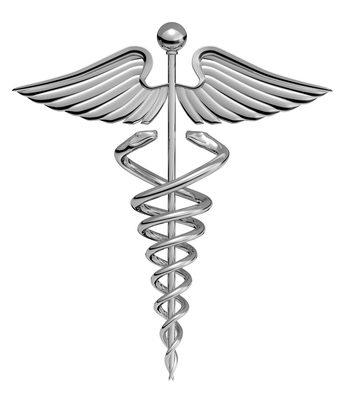 Not all individuals in the medical field work directly with patients. In fact, for individuals who are more comfortable working behind the scenes, there are plenty of different opportunities for individuals who pursue an education in the right vocational or degree program. If you have been browsing career options in the healthcare arena and you have stumble across the medical records manager position, you might be wondering what a medical records manager does. Read this straightforward guide to the medical records manager position, what managers do, and where they often work so that you can decide if this is the right career for you to pursue.
Not all individuals in the medical field work directly with patients. In fact, for individuals who are more comfortable working behind the scenes, there are plenty of different opportunities for individuals who pursue an education in the right vocational or degree program. If you have been browsing career options in the healthcare arena and you have stumble across the medical records manager position, you might be wondering what a medical records manager does. Read this straightforward guide to the medical records manager position, what managers do, and where they often work so that you can decide if this is the right career for you to pursue.
The General Job Description of the Medical Records Manager
While the duties of a medical records manager can vary from environment to environment and job to job, there are basic duties that all managers take on. As a medical records manager, often referred to as a health information manager, you will be responsible for maintaining and keeping all of the electronic and written records in the office secure. Medical records are confidential and should only be shared when authorized. As such, medical records managers stay up-to-date on the laws and practices that are acceptable in the field.
A medical records manager also oversees the medical records department and the specialists within the department to ensure everyone is complying with the rules. In a single day, a manager can motivate a coding specialist, train a new hire, hire a new billing specialist, and implement departmental policies all at once. If you are a great leader, organized, and also good with new computer technologies, this could be a great field to enter into.
How to Become a Medical Records Manager
With electronic medical records becoming the standard, there is a growing need for highly trained medical records managers. While some offices and facilities will hire managers from within, most employers require that a candidate for the manager position has a 4-year degree in Health Information Management or a related field. This Bachelor’s degree will teach the technical skill you will need to become an asset in the field.
While there are several schools offering this type of degree program, choosing one that is accredited by Commission on the Accreditation for Health Informatics and Information Management Education (CAHIIM) is best. By choosing a program accredited by CAHIIM, you will know that the program you choose meets the standards to prepare you for the RHIA national exam for certification.
With healthcare policies rapidly changing, the need for talented medical records personnel is going to grow. In fact, the need for medical records managers is expected to grow by 21% within the next 7 years, which is faster than average in other fields. Start comparing different distance and traditional degree programs, and oversee a department that is crucial in providing quality health care. Use your computer-savvy skills, get your degree, and get certified so that you can pursue a very fulfilling career.
